How Long Do Porcelain Veneers Last Compared to Other Veneers?

The Longevity of Veneers
Understanding the lifespan of different types of veneers is essential for anyone considering enhancing their smile. Veneers can elevate dental aesthetics, but their longevity varies based on material and care.

Traditional Porcelain Veneers
Traditional porcelain veneers are favored for their durability and natural appearance. On average, these veneers can last between 10 to 15 years when properly cared for, with some research indicating that they might last as long as 20 years under optimal conditions [1]. Porcelain veneers are less prone to staining compared to their composite counterparts, making them an appealing choice for lasting beauty.
Veneer TypeAverage LifespanTraditional Porcelain10 to 15 yearsExceptional CasesUp to 20 years
Porcelain veneers are tailored to fit the unique contours of each tooth, offering a natural look while remaining highly durable.
No-Prep Veneers
No-prep veneers are a less invasive option that can also enhance dental aesthetics. They typically last around 5 to 7 years, which is shorter than the lifespan of traditional porcelain veneers. While no-prep veneers can be advantageous for those seeking a less invasive application process, they are generally more susceptible to staining and may not offer the same level of durability.
Veneer TypeAverage LifespanNo-Prep5 to 7 years
Both types of veneers play significant roles in cosmetic dentistry, but the choice between traditional and no-prep veneers may depend on personal goals, aesthetic desires, and overall dental health.
For more information on how veneers affect oral health, check out our articles on common myths about dental veneers and what to expect during a dental veneer procedure?. For those considering veneers, understanding these options can lead to an informed decision that best suits individual needs.
Comparing Veneer Lifespans
When considering dental veneers, a common question is, "how long do porcelain veneers last compared to other veneers?" Understanding the longevity of different types of veneers is essential for making informed decisions about dental aesthetics.
Porcelain vs. Composite Veneers
Porcelain veneers are widely recognized for their durability and natural appearance. On average, they can last between 10 to 15 years with proper care, and some studies suggest they can even last up to 20 years or more [2]. In contrast, composite veneers generally have a shorter lifespan, typically lasting 4 to 8 years.
Here's a comparison of the average lifespans of both types of veneers:
Type of VeneerAverage LifespanPorcelain Veneers10 to 15 yearsComposite Veneers4 to 8 years
Research indicates that porcelain veneers tend to have a higher survival rate compared to composite alternatives. In a recent study, it was found that conventional porcelain veneers demonstrated superior longevity when compared to their composite counterparts.
Factors Affecting Veneer Longevity
Several factors can influence how long veneers last. These include:
By understanding these differences and the factors that influence them, individuals can make better-informed decisions regarding their dental veneer options. For more detailed information on the veneer preparation process, refer to our article on what to expect during a dental veneer procedure?.
Maintaining Veneer Longevity
To ensure that veneers remain in optimal condition and last as long as possible, it is essential to adopt appropriate oral hygiene practices and lifestyle habits. This section discusses key strategies to maintain the longevity of veneers.
Oral Hygiene Practices
Maintaining excellent oral hygiene is crucial for the durability and appearance of veneers. Porcelain veneers can last up to 20 years, making them a popular choice for individuals looking to improve their smiles. Here are some recommended practices:
Lifestyle Habits
Certain lifestyle habits can greatly influence the longevity of dental veneers. Factors such as diet, dental habits, and the quality of placement play a significant role. Consider the following habits:
Implementing these oral hygiene practices and lifestyle habits is essential for ensuring the long-lasting beauty of dental veneers. Should you want to learn more about veneer maintenance, such as how to avoid veneer damage or the process of getting veneers, check out our other informative articles.
Veneer Preparation Process
Understanding the preparation process for veneers is essential for those considering cosmetic dental enhancements. Both traditional porcelain veneers and no-prep veneers have specific procedures to ensure the best results.
Two-Visit Procedure
The application of porcelain veneers typically follows a structured two-visit procedure. The first visit involves several critical steps:
On the second visit, the custom veneers are bonded to the teeth using special dental cement, ensuring a strong and durable attachment. Porcelain veneers can last up to 20 years with proper maintenance, making them a significant investment in one's smile [5].
Temporary Veneers
Temporary veneers serve several important purposes during the preparation process. They:
Temporary veneers are carefully designed to mimic the look of the final product, providing a preview of the expected results. This step is vital, as it aids in identifying any aesthetic concerns before the permanent veneers are placed.
By understanding the veneer preparation process, patients can make informed decisions about their cosmetic dental options. For more details on what to expect during a dental veneer procedure, visit our article on what to expect during a dental veneer procedure?. Additionally, learn about the longevity of different types of veneers and how they compare in terms of durability and care.
Cost Considerations
Price Range
The financial aspect of obtaining veneers is a significant consideration for many individuals. The cost of porcelain veneers typically ranges from $250 to $1,000 per tooth, with the average cost falling between $1,500 and $3,000 for a single tooth. This price variation can be attributed to factors such as the dentist's expertise, geographic location, and the complexity of the dental work required.
Type of VeneerCost Per ToothPorcelain Veneers$250 - $1,000Average Cost$1,500 - $3,000
For those looking to achieve a complete smile makeover with porcelain veneers, the overall price can range from $3,500 to $8,000. This estimate is influenced by the number of teeth being treated and the severity of the dental issues being addressed Lasry Dental Clinic.
Complete Smile Makeovers
A complete smile makeover involving porcelain veneers entails significant financial investment. This process not only includes the veneers themselves but also additional treatments that may be necessary to ensure optimal results. The total cost can depend on how many teeth are involved and the extent of treatment needed to correct any dental flaws.
For instance, if multiple teeth require veneers, the costs can add up quickly. Below is a rough breakdown of potential costs for an entire smile makeover based on the number of teeth treated:
Number of TeethEstimated Cost2 Teeth$3,000 - $6,0004 Teeth$6,000 - $12,0008 Teeth$12,000 - $24,000
Choosing to invest in porcelain veneers can greatly enhance one's smile and overall confidence. For more information on dental veneers and their impact, refer to articles on common myths about dental veneers and are porcelain veneers worth the investment?.
Understanding the cost considerations is essential for anyone contemplating this transformation.
Types of Veneers
Understanding the types of veneers available can help individuals make informed decisions about their dental aesthetics. Two popular types of veneers are ceramic veneers and E-Max veneers, each with unique characteristics and benefits.
Ceramic Veneers
Ceramic veneers, most commonly made from porcelain, are renowned for their durability and natural-looking results. These veneers can last approximately 10 to 15 years with proper care.
Ceramic materials offer several advantages:
Research indicates a high survival rate of ceramic veneers over a period of 7 to 8 years, with figures ranging from 97.9% to 100% for both vital and non-vital teeth [7].
AspectCeramic VeneersLifespan10 to 15 yearsSurvival Rate97.9% - 100% over 7 to 8 yearsBenefitsCustomizable, strong, improve oral hygiene
E-Max Veneers
E-Max veneers are highly regarded for their exceptional natural beauty, durability, and strength. They offer a long-lasting and stain-resistant solution for individuals seeking an appealing smile.
Key features of E-Max veneers include:
Ceramic veneers, particularly feldspathic porcelain veneers, are similar in durable qualities, making them an exceptional choice for cosmetic dentistry needs.
AspectE-Max VeneersAppearanceNatural tooth-like qualityDurabilityStrong and stain-resistantBenefitsLong-lasting and color-stable
Choosing between ceramic veneers and E-Max veneers depends on individual dental needs and aesthetic goals. For further details on dental procedures, visit our page on what to expect during a dental veneer procedure?.
References
[2]:
[3]:
[4]:
[5]:
[6]:
[7]:
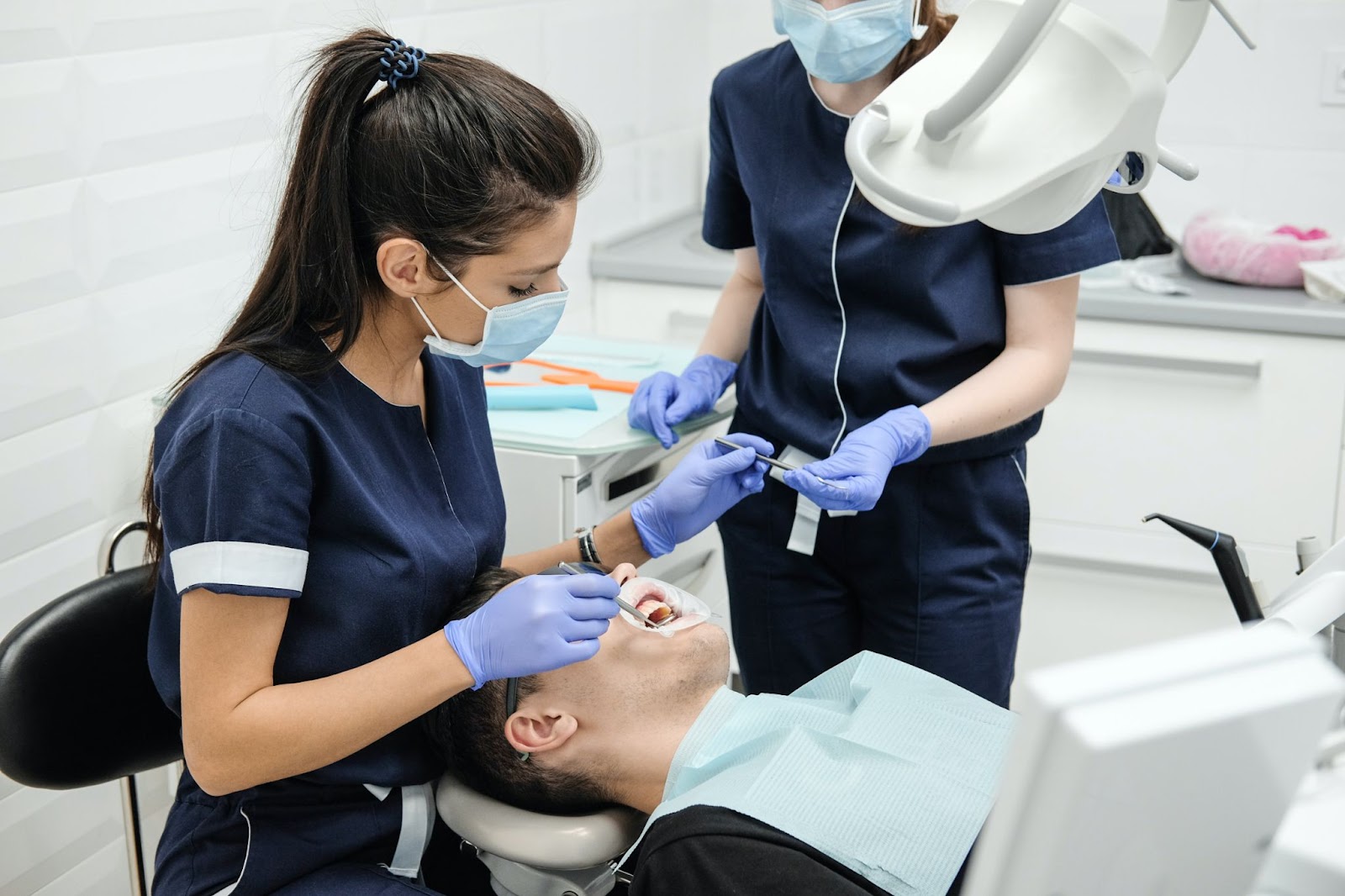



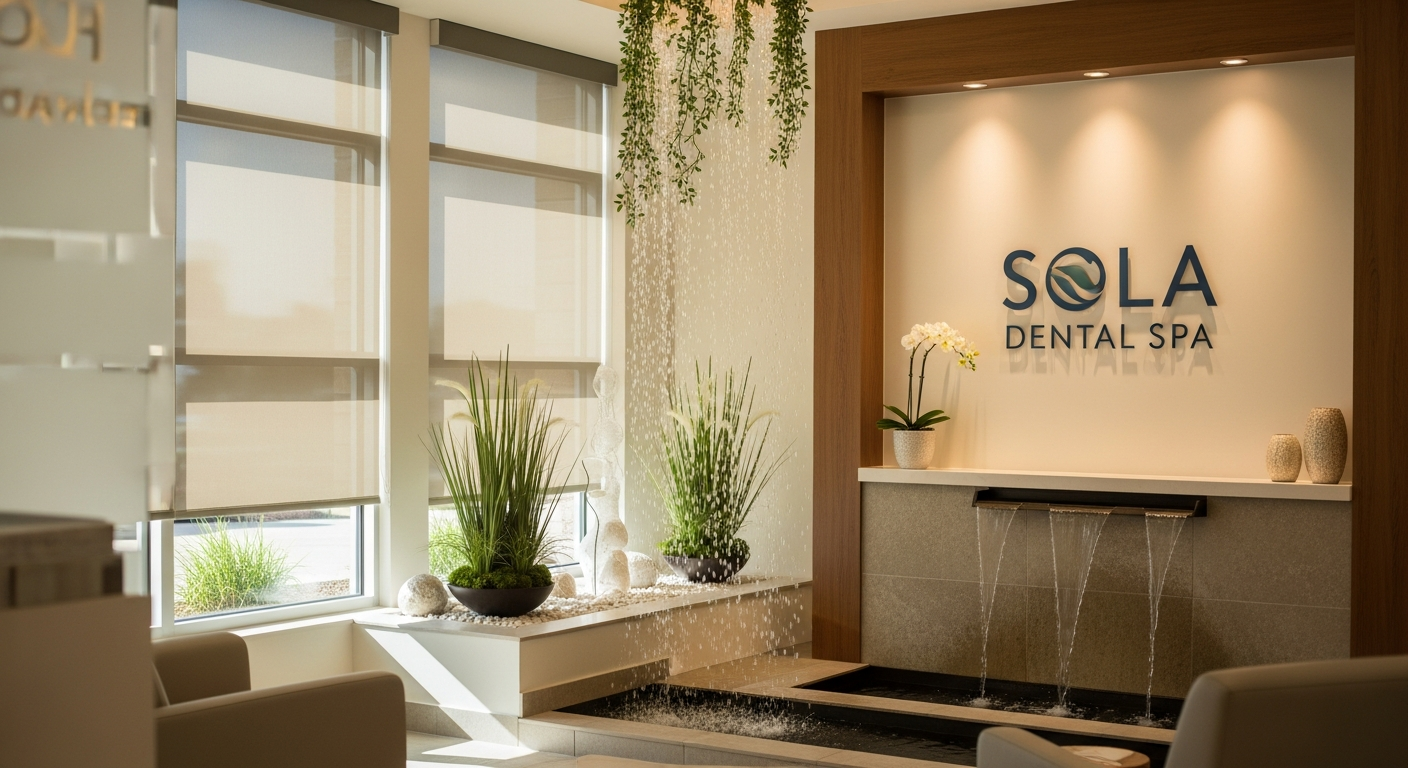
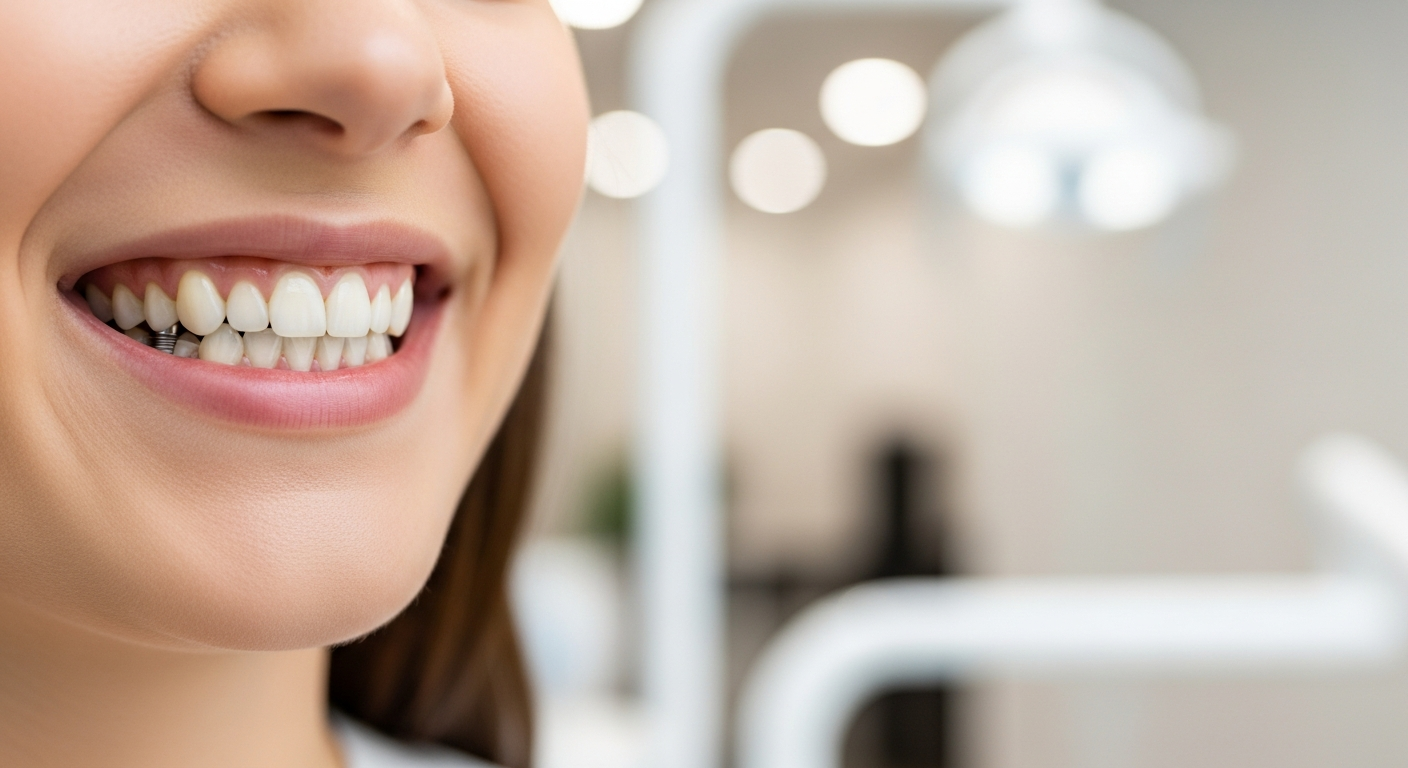
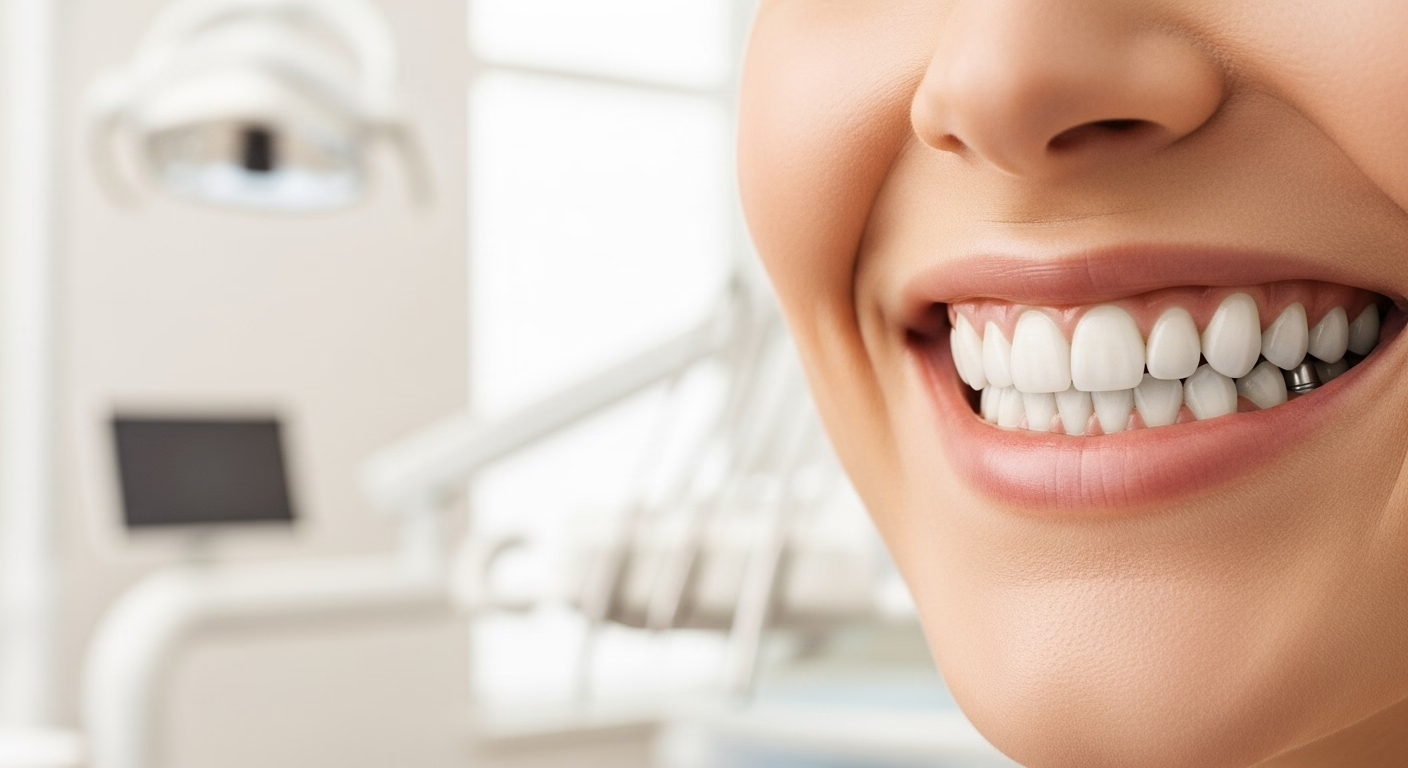
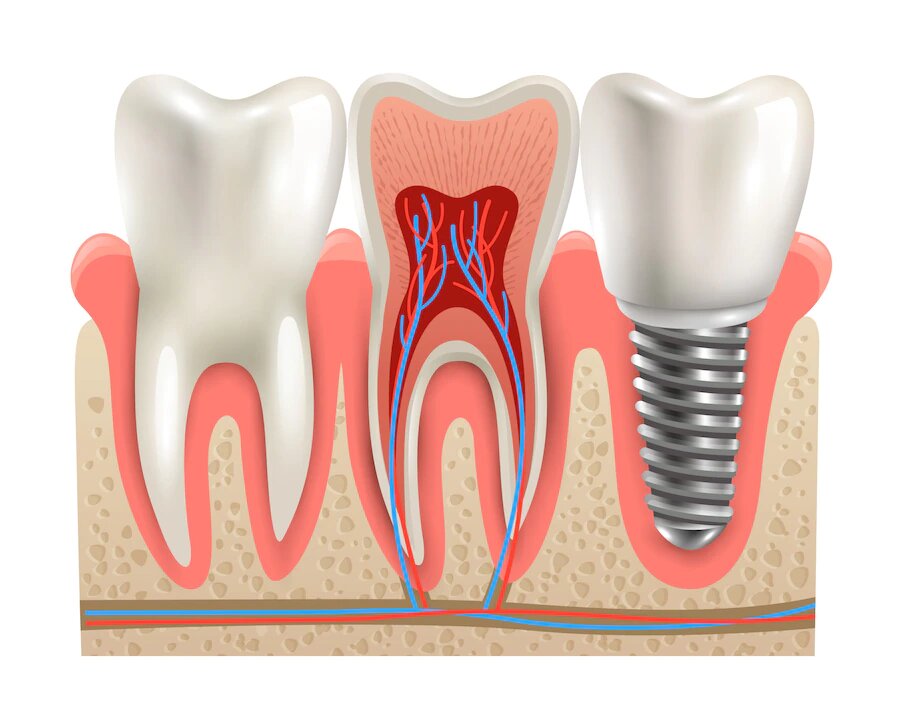








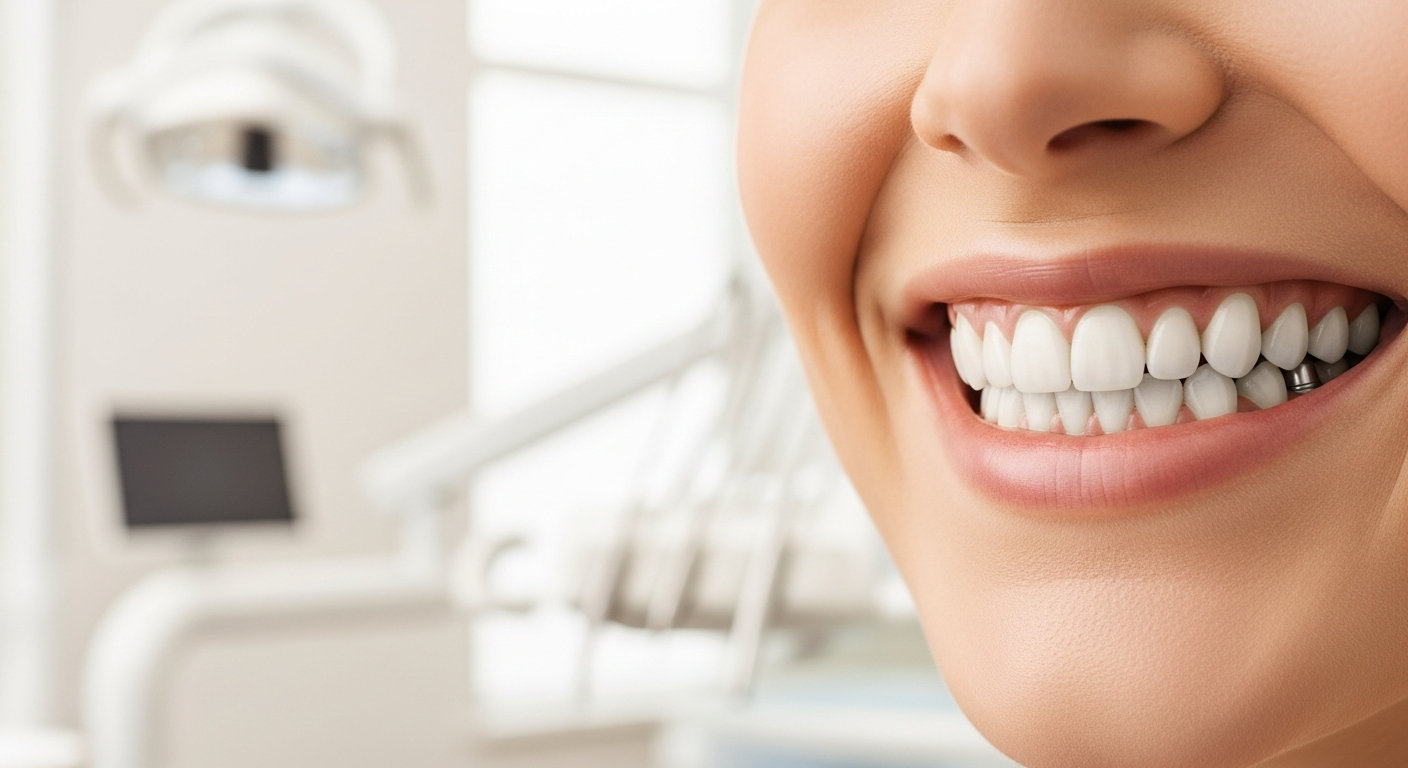

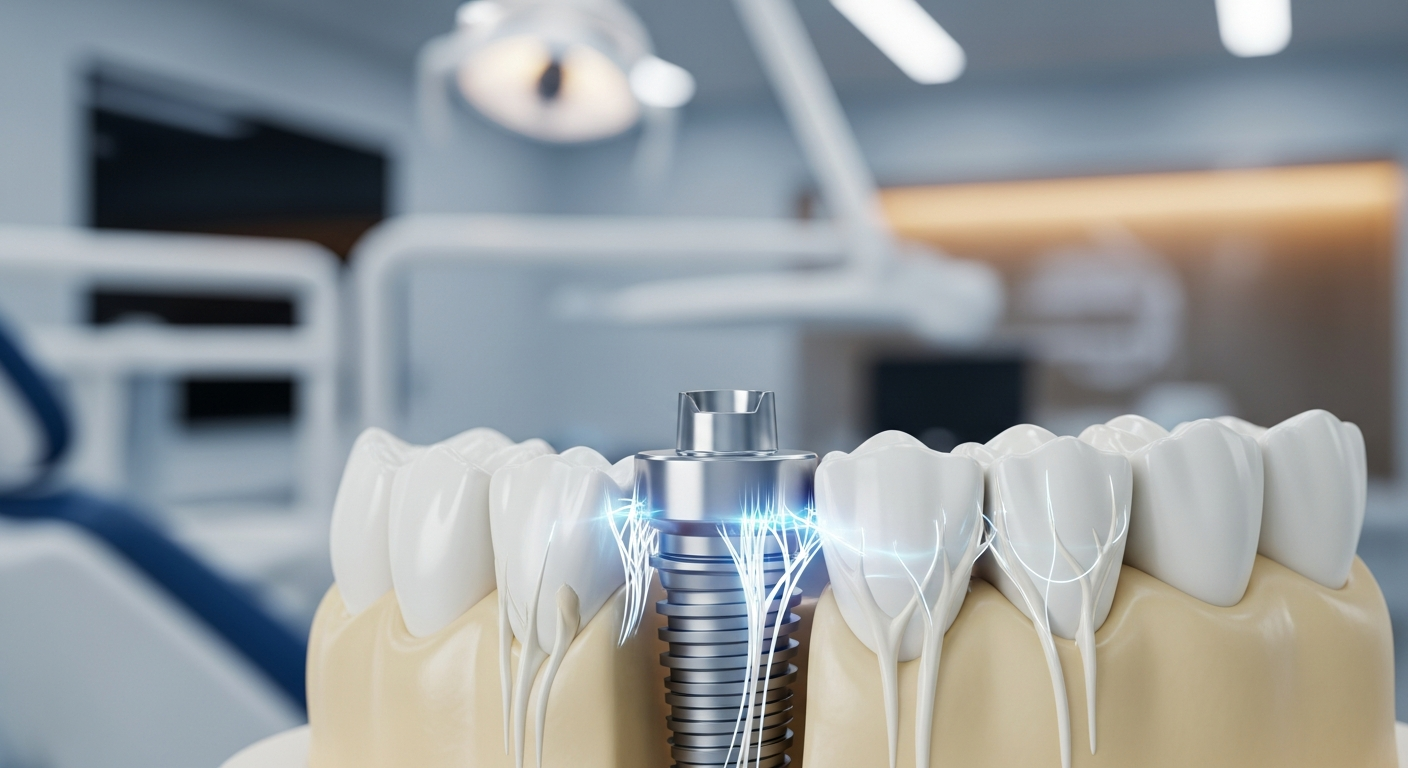
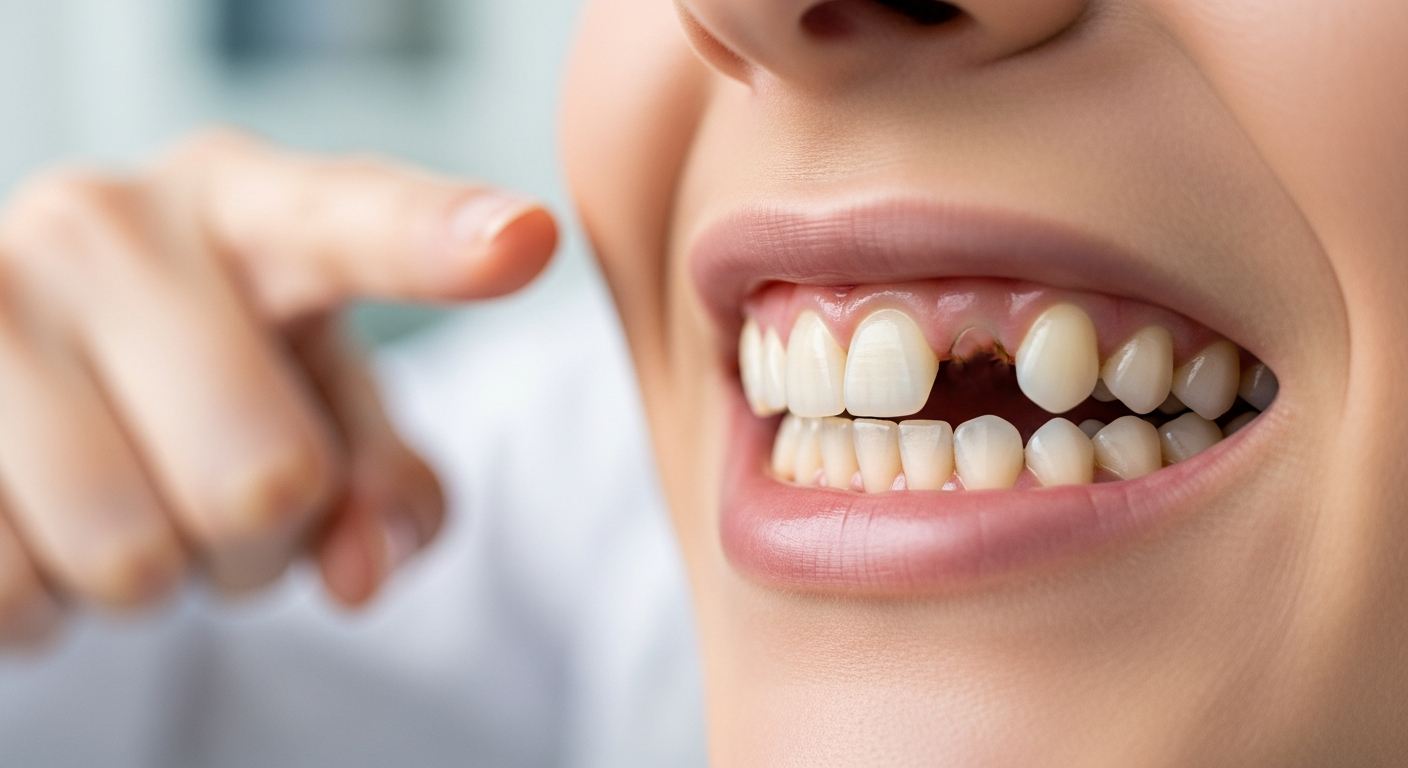





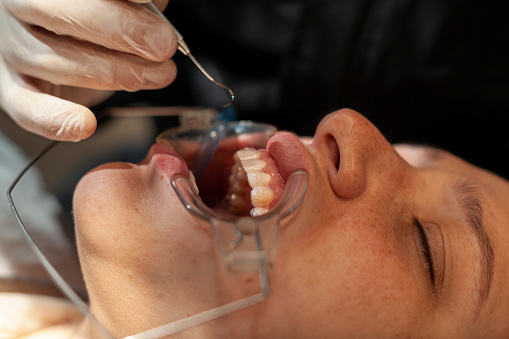

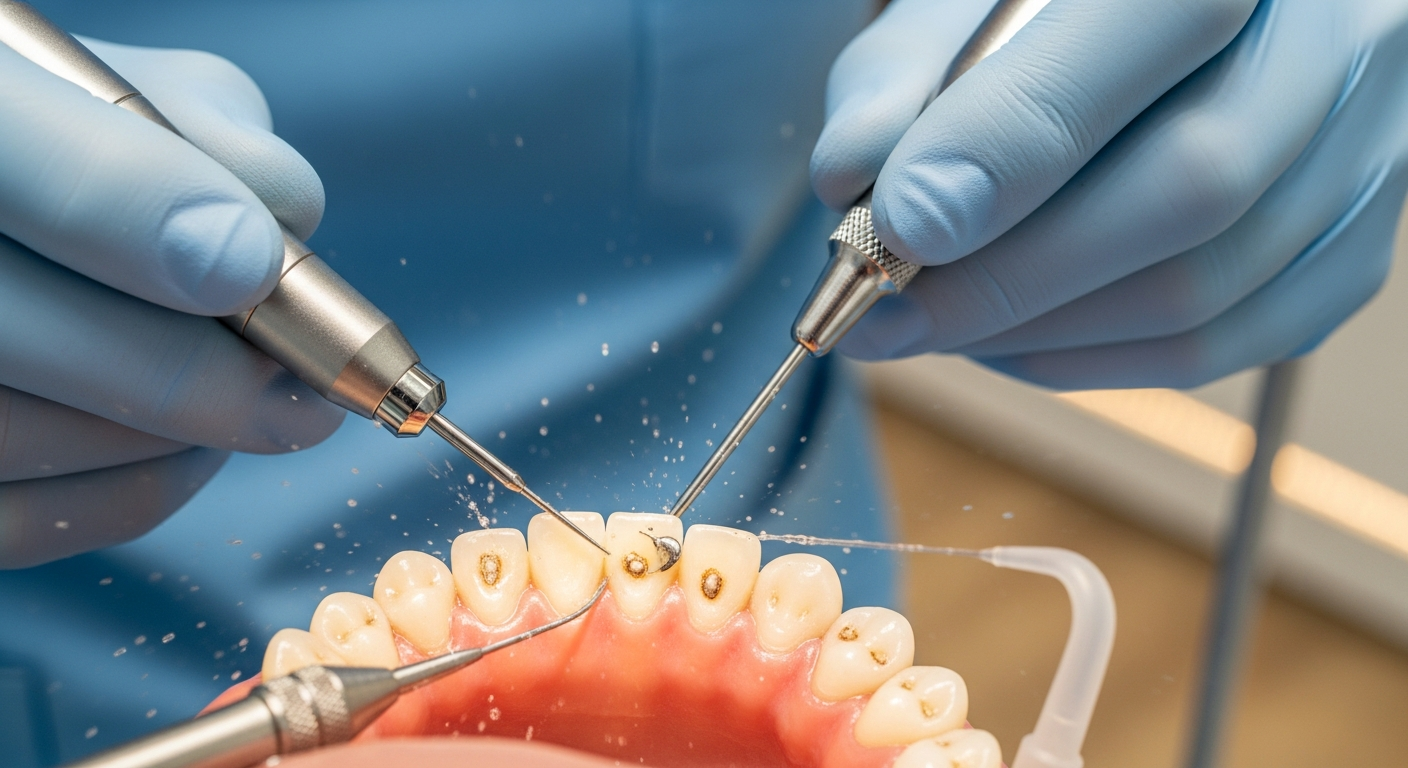

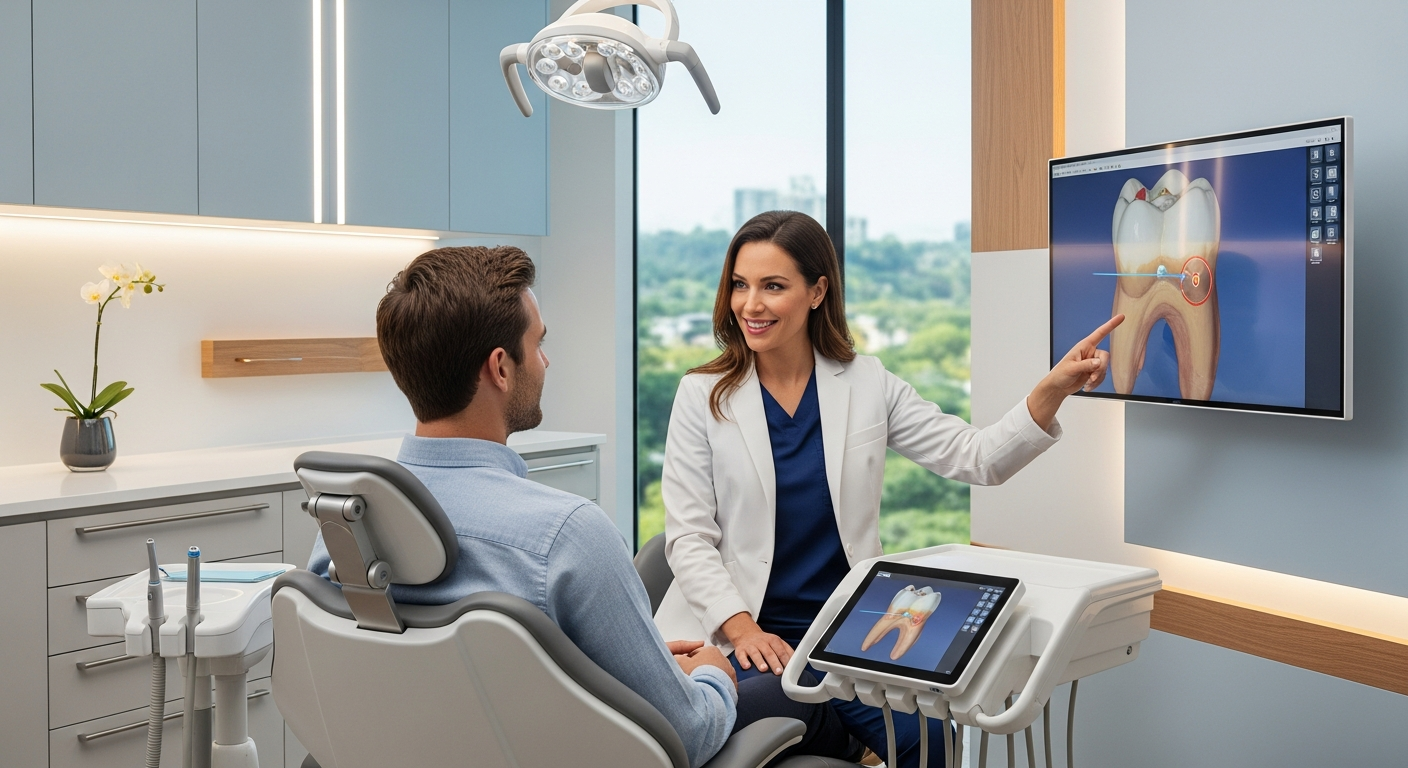
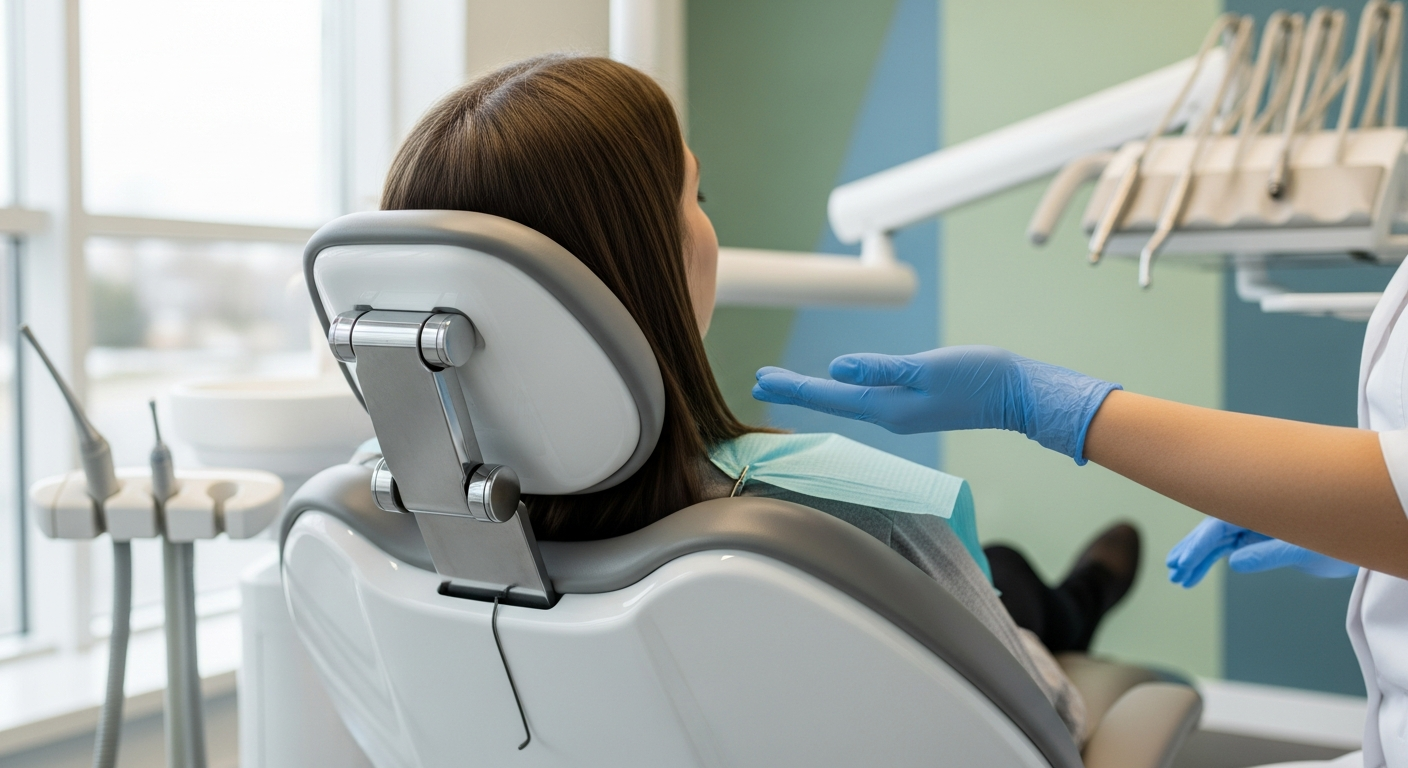


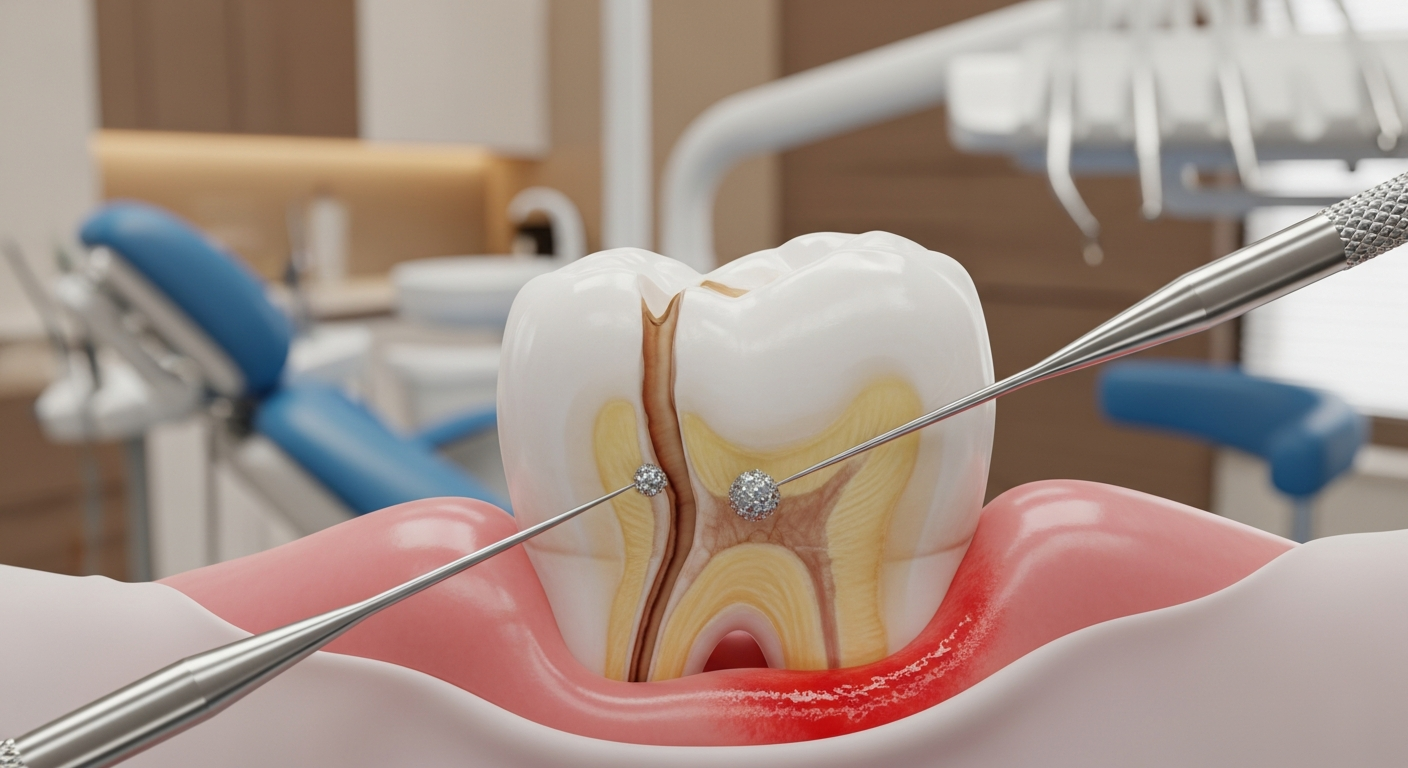




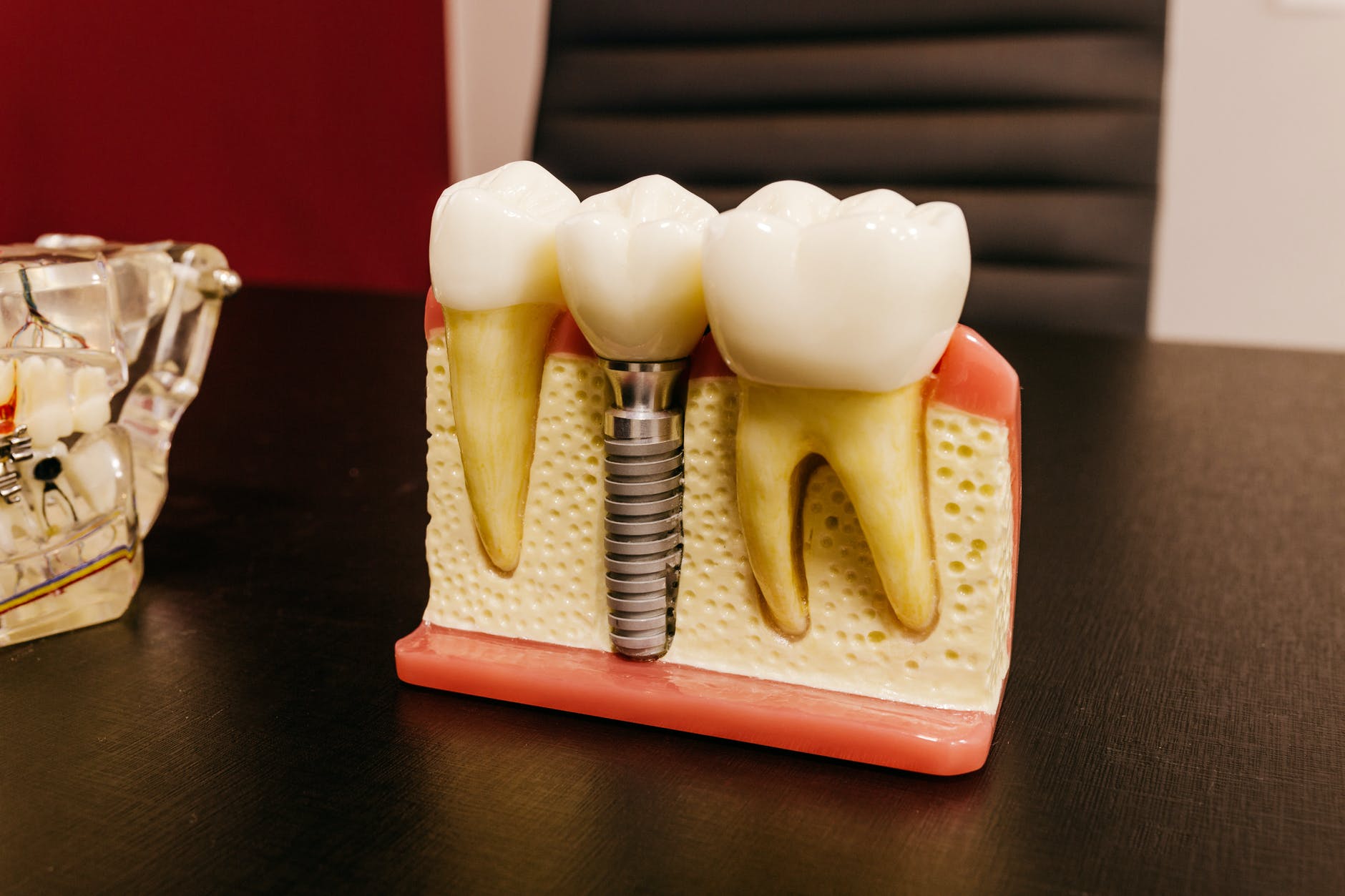


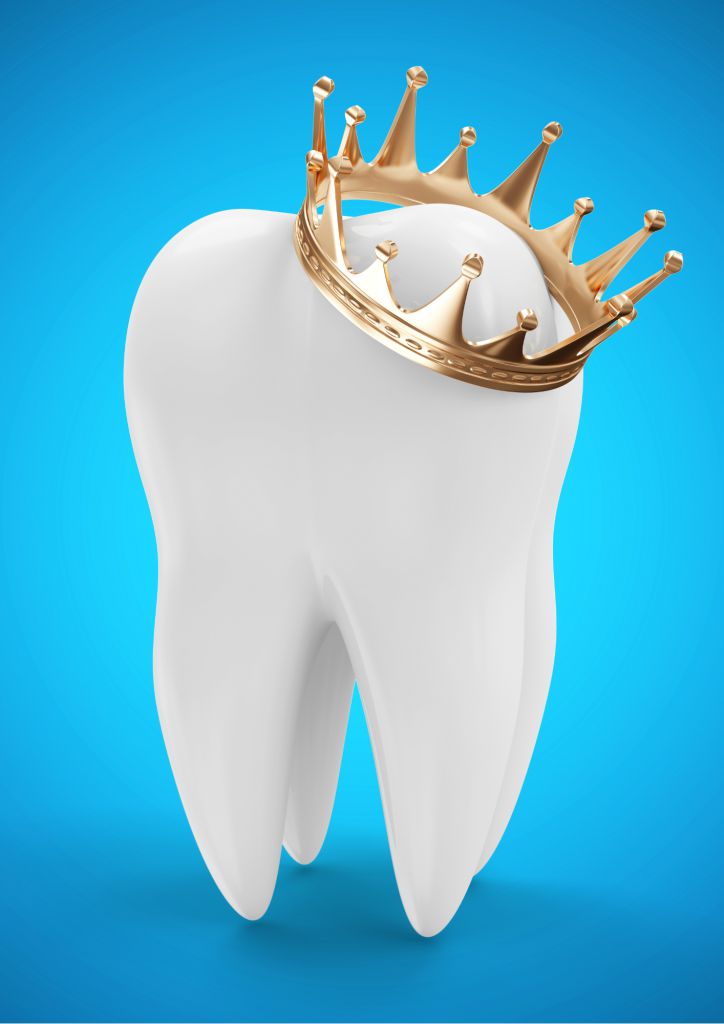



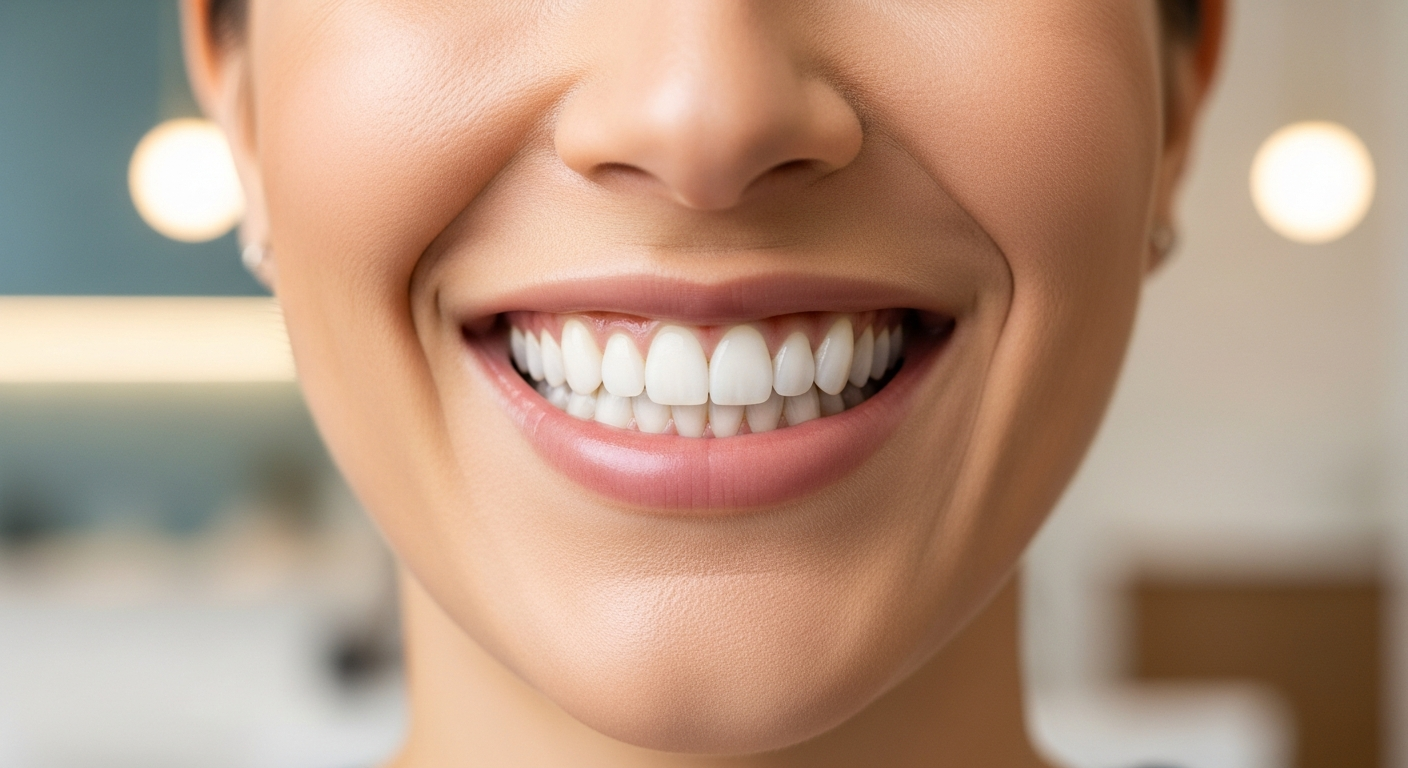



.avif)






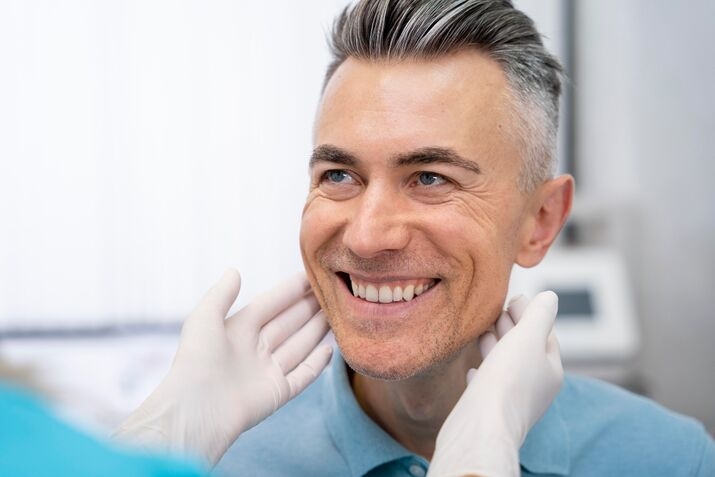
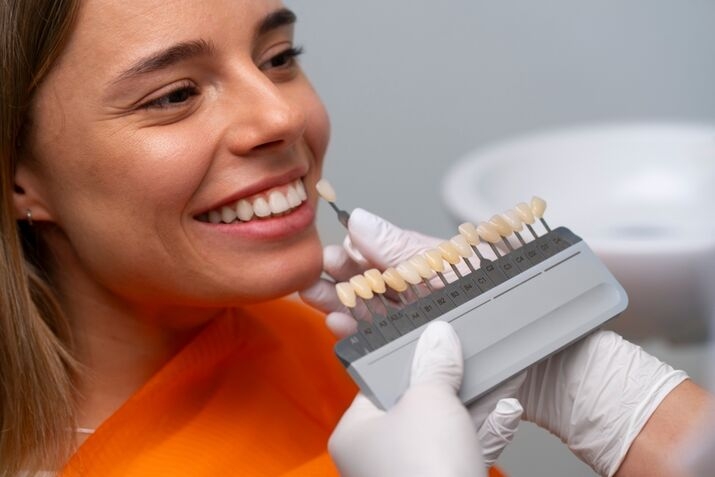
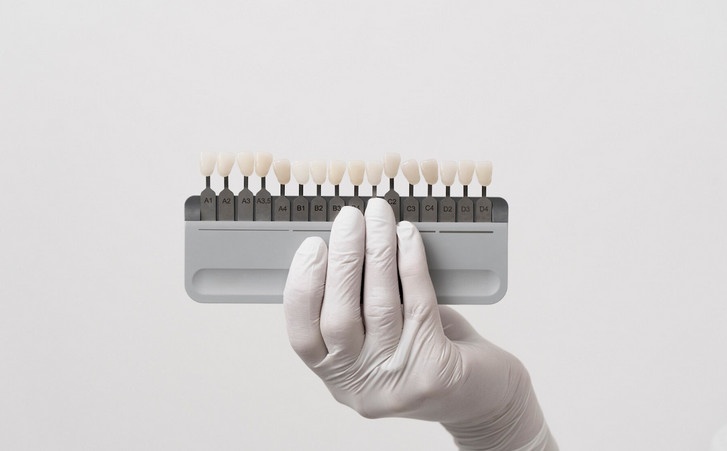

.jpg)


















.avif)


















.jpg)


